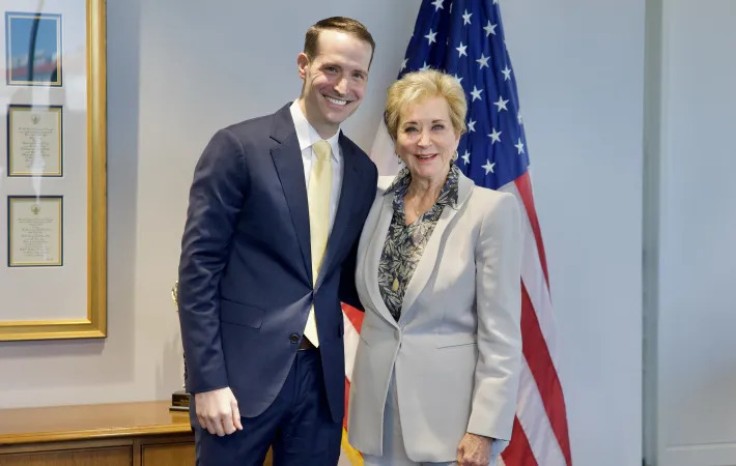New U.S. Under Secretary Nicholas Kent Faces Mounting Pressure Over FAFSA Failures and College Reform
By
On August 5, 2025, Nicholas Kent was sworn in as the fifteenth U.S. Under Secretary of Education. His new seat comes at a time when the nation's universities are navigating fierce political headwinds and widespread public skepticism. Kent's portfolio is vast—he will oversee higher education policy, federal student aid, and postsecondary initiatives—at a moment when these institutions face both operational and existential threats.
The Department of Education is still dealing with the fallout from recent FAFSA processing failures. Technical glitches delayed financial aid for millions, and according to a Gallup survey, 72% of college students and families now list affordability as their top concern. Only 41% believe recent reforms have improved their situation. These numbers point to a system under strain and a public eager for change.
Kent's background suggests he's up for the challenge. He has worked on federal aid modernization and with advocacy groups like New America. Department officials say his "deep expertise in postsecondary policy" will be critical for restoring trust and improving systems. In Kent's own words: "I look forward to advancing policies that expand opportunity for all students."
His appointment is more than symbolic. The Biden administration, still fighting legal battles over student loan forgiveness, has rolled out the new SAVE income-driven repayment plan. Kent will be tasked with communicating these changes while overseeing regulatory moves that could affect millions of borrowers. Polls show 63% of Americans support expanded student loan relief or repayment reform, but 58% say the FAFSA debacle made them less confident in the government's ability to manage aid. The pressure to deliver is immense.
At the same time, both parties are demanding more transparency from colleges. There's bipartisan interest in holding institutions accountable for graduation rates and employment outcomes, and in cracking down on predatory schools. Legislative debates this fall will likely target Pell Grant expansion and stricter oversight on how universities spend federal dollars.
Kent's arrival comes amid a wider political storm. Under the Trump administration, universities have seen deep funding cuts, threats to the Department of Education's very existence, and executive orders targeting research and diversity initiatives. Public trust in higher education is deeply polarized, with conservatives questioning the value and culture of campuses, and liberals defending academic freedom. University presidents find themselves with less autonomy than ever, squeezed between state and federal demands.
Why does all this matter to engaged citizens? Higher education isn't just about students and faculty—it's about opportunity, economic mobility, and America's ability to compete globally. The choices made in Washington now will ripple through families, communities, and the workforce for years. Whether Kent can bridge the gap between policy ambition and practical campus realities may determine if universities remain engines of growth or become further symbols of division.
Congress is watching closely. If FAFSA issues persist or disputes erupt over regulatory authority, hearings are certain. Both parties see higher education as a wedge issue for suburban and swing voters heading into November. For citizens, the stakes are clear: the future of college affordability, access, and quality hangs in the balance.
© 2026 University Herald, All rights reserved. Do not reproduce without permission.








